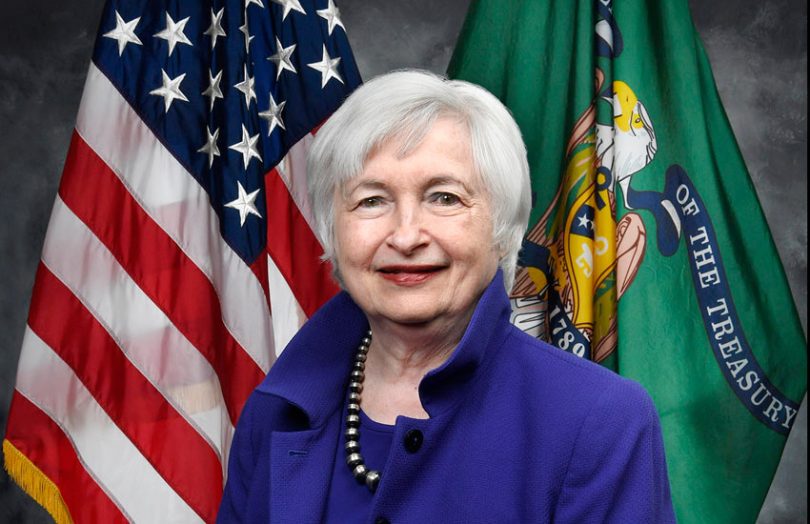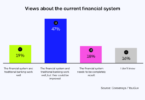U.S. Treasury Secretary Janet Yellen acknowledged that the U.S. doesn’t have a framework to regulate cryptocurrencies adequately, talking at the WSJ CEO Council Summit. Her comments may point to either a new agency or an interagency collaboration on the topic.
“I think (for) cryptocurrencies we don’t really have an adequate framework to deal with the different issues that they pose from a regulatory perspective,” said Yellen. “There are issues around money laundering, Bank Secrecy Act, use of digital currencies for illicit payments, consumer protection and the like.”
Here’s the critical comment, “And while there are several agencies that arguably have some ability to address this through regulation, I frankly don’t think we have a framework in the United States that is quite up to the task of putting in place a regulatory framework that we need in the future. I think that’s a topic that’s well worth addressing.”
Given the Security and Exchange Commission (SEC) has a new Chair in Gary Gensler who is exceptionally well versed in cryptocurrency and blockchain, one has to suspect he might be raising these issues.
It’s also notable that it’s now May, and President Biden has not yet put forward his pick to head the Office of the Comptroller of the Currency (OCC). Early leading candidates included former Ripple adviser Michael Barr, which gave way to Mehra Baradaran, an academic and Bitcoin skeptic. But as of late March, the candidate list had grown to six, American Banker reports.
It remains to be seen whether there might be some cross regulator taskforce. Or formalization of coordination that has already taken place between the SEC and OCC. The Commodity Futures Trading Commission (CFTC) would also need to participate.
Regulators already coordinate
When former Comptroller of the Currency Brian Brooks, gave the go ahead for banks to hold stablecoin reserves, he first collaborated with the SEC. That’s because some stablecoins might be classified as securities. Hence stablecoin issuers should contact SEC Finhub Staff to see if their stablecoin might qualify for a “no action” letter.
In October last year, the Chamber of Digital Commerce held a panel with then SEC Chair Jay Clayton and Brooks in which they discussed this topic. Blockchain and cryptocurrency creates convergence across several industries, where numerous regulators might overlap. The moderator asked when regulators band together and have a united voice, who drives?
Clayton’s response was that it depends on the functionality. For stablecoins, it makes sense for the OCC to drive it. If it’s tokenization of ETFs it makes sense for the SEC. But he went on to say, “What we don’t like is when someone says, you know, the function is payments, so you really gotta look past the securities law stuff. I can’t do that. You know, I wouldn’t be doing my job.” Clayton continued, “Don’t pretend that it’s a payment system when it’s actually a financing vehicle.”
When asked whether the fragmented U.S. regulatory system puts the U.S. at a disadvantage, Brooks responded, “the U.S. system may be fragmented in the sense that we have more regulators dealing with finance than some other countries do, but you’d be surprised how closely coordinated we all are.” He pointed to the Financial Stability Oversight Council (FSOC) and the President’s Working Group on Financial Markets.
Perhaps there might be a new digital assets working group, as proposed by Congressman Patrick McHenry.






